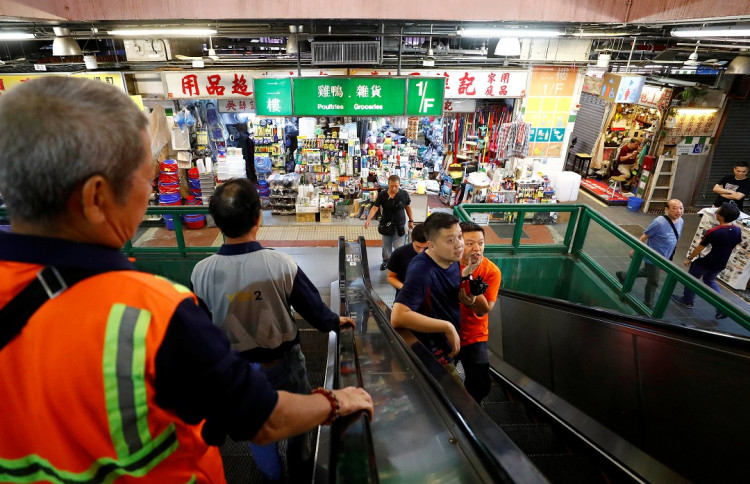China has announced a number of new measures aimed at boosting the country's consumer spending. China's State Council outlined 20 measures in an official policy document, which was published on Tuesday this week.
According to the official policy document, the measures are aimed at counteracting the country's economic slowdown and lowered consumer spending, which has been greatly exacerbated by the ongoing trade dispute with the United States.
The 20 measures mentioned in the document include different strategies to improve domestic consumption, ranging from improving domestic commercial infrastructure to promoting more night markets around China. The document, which was dated August 16, was released shortly after the country's National Bureau of Statistics (NBS) published data showing a decrease in growth in the country's retail sales.
In July, China's overall retail sales growth decreased by 7.6 percent when compared to the same month last year. This was a significant drop from the 9.8 percent growth that was experienced in June. According to the NBS, the country's overall economic growth has slumped by 6.2 percent in the second quarter of 2019.
China's cabinet did not specifically outline all of the 20 measures it plans to implement to boost consumer spending. However, it did mention that the measures will be targeting vital factors both home and abroad that are seen as big hurdles to consumer spending. These factors include an insufficient supply of goods and services as well as a lack of innovation amongst retailers and distributors.
China's State Council did mention that some of the measures that will be implemented, which included a mandate for e-commerce companies to more closely work with manufacturers regarding product design to improve sales.
Another measure that was mentioned was a planned overhaul of existing department stores, shopping malls, and entertainment centers. The agency also specifically mentioned that it will be providing support to retail chains such as convenience store operators to assist them in accelerating their expansion plans.
As a way to counteract the effects of the trade war with the United States, the document mentioned that it will be encouraging domestic exporters to expand their domestic sales channels and to build their own branded products. This should somewhat alleviate the companies' dependence on export revenue and increase their domestic sales.
Some of the measures that were mentioned in the document were already part of the central government's previous economic stimulus efforts. Some of these measures have already been rolled out in select cities. This includes the plan to provide additional incentives to consumers to purchase hi-tech household appliances and gadgets.






